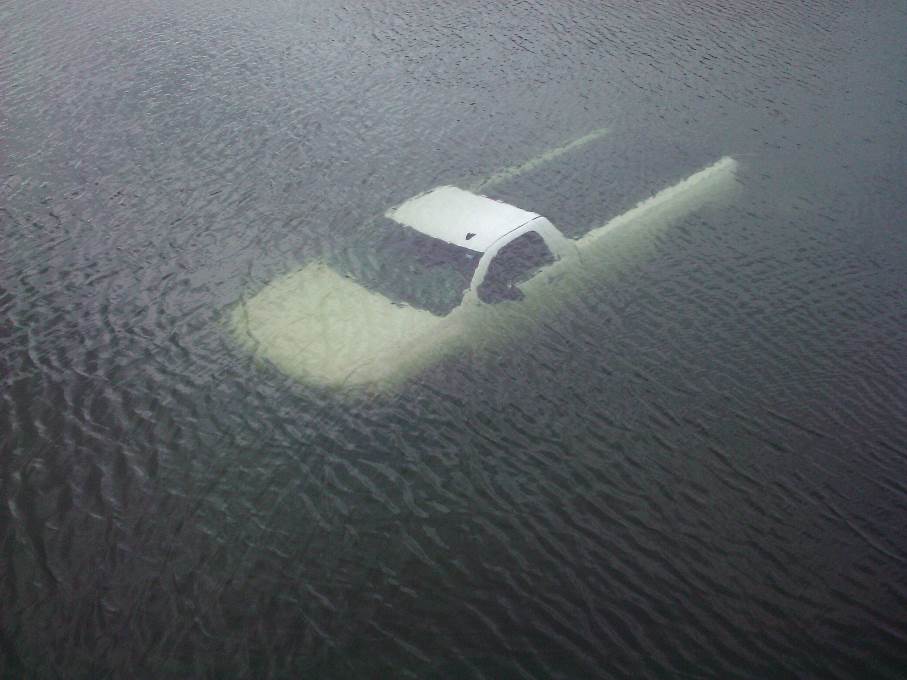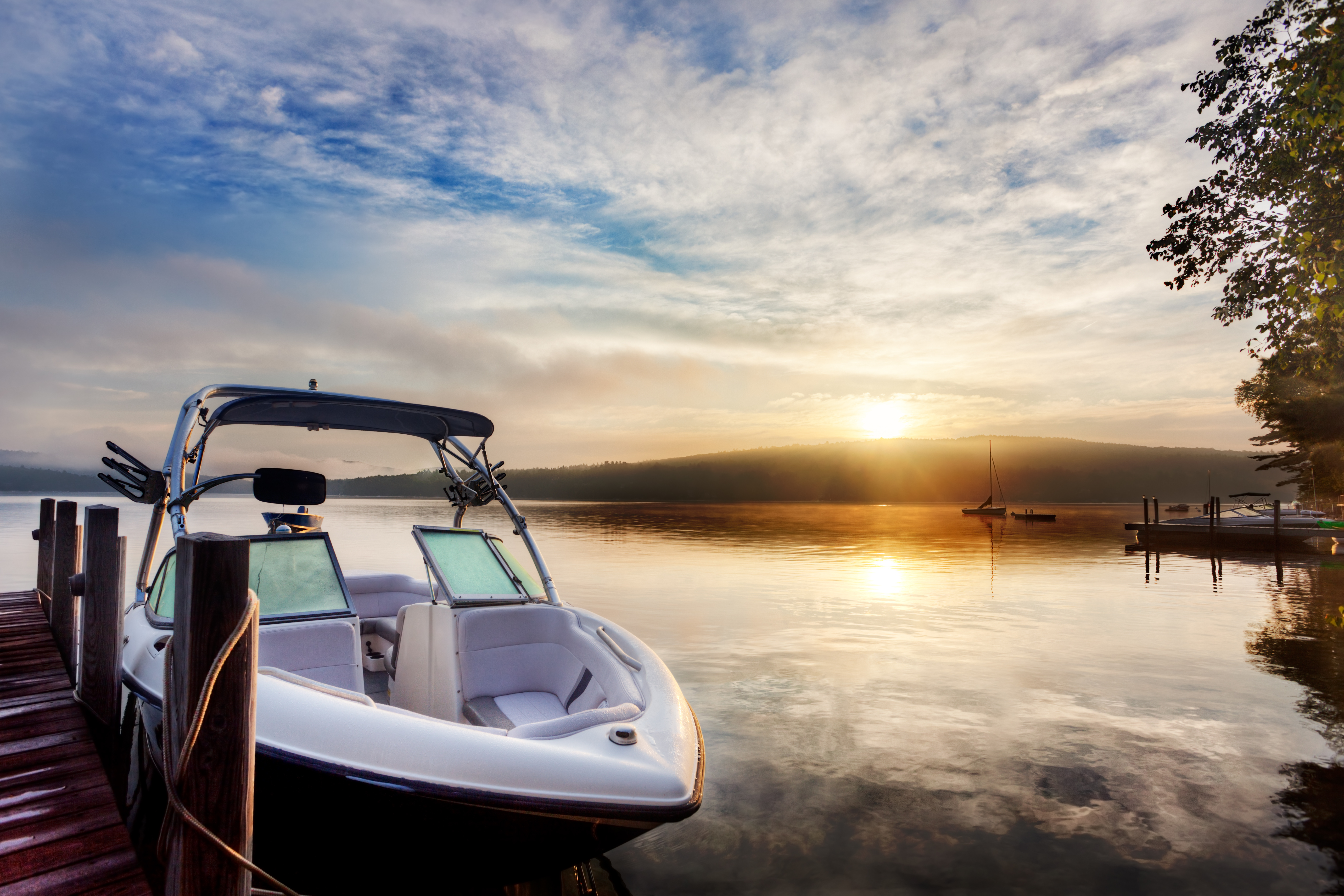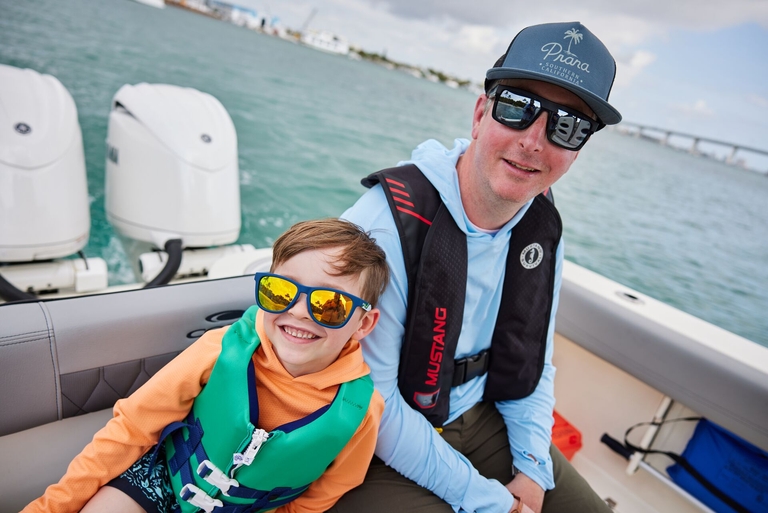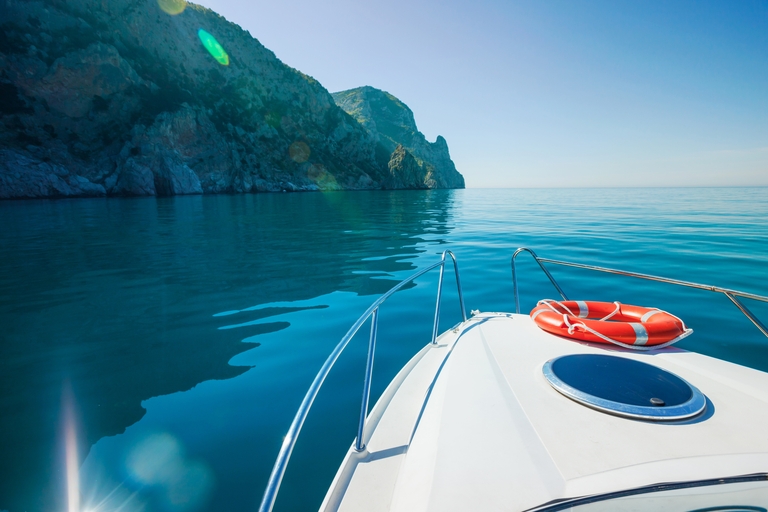How to Prevent and Manage a Boat Launch Failure

You're all set for a day out on the boat. You and a couple of friends are kidding about who will pull in the biggest fish, and bragging rights are on the table.
You've launched the boat plenty of times and consider yourself a pro. The conditions are right, and you didn't have to wait long for your turn. You're releasing the boat when you realize that, in between the jokes and excitement of the trip, you missed a step.
Next thing you know, your boat is floating away with half its passengers, and your truck is submerged at the boat ramp. What's next?
If you've spent enough time at a boat ramp, you've seen this happen to new and experienced boat owners. Several steps go into trailering a boat before you even get to the ramp, and missing any of them can have tragic results. So, today, as an essential aspect of safe boating, we cover four tips to help you prevent a boat launch failure – or manage one if it happens to you.
What Could Go Wrong?
The short answer? A lot!
Where do you think boat owners most often go wrong when launching a boat from a trailer?
- Disconnecting tie-down straps
- Making sure the drain plug is in place
- Setting the parking brake on the towing vehicle
- Not undoing the winch line
Most boaters agree that not setting the parking brake on the towing vehicle was the most common reason why boaters ended up with their vehicles in the water. This happens more often than any boat enthusiast would like, and it's painful to watch.
However, missing a step isn't always to blame for a failed boat launch. Weather conditions or a damaged boat ramp can work against you, but it's crucial always to do your best to be safe and follow proper launching procedures.

4 Boat Launching Tips
When launching your boat, the goal is to get the boat in the water and your trailer out of the water safely. So, here are some things our Boat-Ed team has compiled for you to keep in mind.
1. Check, Check, and Check Again
Even if you have owned a boat for more than 20 years, experience cannot completely combat human error.
When in doubt, run through your pre-launch checklist described in this guide to launching a boat from a trailer. If you're boating with more than one person, have one of them double-check your work. You're better safe than sorry.
2. Prepare for the Worst
What is "the worst?" Aside from an accident in the water, a lot of things can go really wrong at the boat ramp. However, your truck (instead of your boat) in the water could be one of the worst things that could happen when launching a boat.
If your vehicle ends up underwater, you'll need a rope, strap, or chain to tow it out. However, if you don't have any of these items with you before your vehicle goes for a swim, your "worst" situation can get even worse.
Quality chains, straps, and ropes can run $100 or more, but the investment will be useful when you need it the most. Make sure you have them before launching.
3. Towing a Submerged Vehicle
The launch didn't go well, and you're staring at your truck in the water. There's no time to waste; it's time to get your truck out of the water before it suffers too much damage.
A tow strap is vital but is only one piece of the puzzle. You'll also need someone else with a vehicle, preferably a truck or SUV, with a tow hitch to pull your vehicle out of the water. If you're really lucky, you'll find a truck with a heavy-duty winch to pull you out.
Refer to the vehicle owner's manual for instructions on where to tie the tow strap on both vehicles. Avoid attaching a strap to the bumper, axles, or other parts of the suspension because it can damage the vehicle. Once the strap is secure, the towing vehicle should slowly pull the submerged vehicle until it is completely out of the water.
Take caution when opening the door once your vehicle is out of the water. The sudden rush of water can knock you off your feet. While your vehicle is still attached to the towing vehicle, let it drain before pulling it all the way to the parking lot.
If your vehicle isn't completely submerged, and everything works right, it should come straight out. However, if your vehicle is submerged too far from the ramp or attempts to tow it out of the water have failed, call a professional towing company. Don't risk your life for a vehicle.
4. Find a Professional Towing Company
Because launching mishaps can be common, some marinas partner with towing companies to provide service for distress calls. If you need a tow truck, contact the marina first to see if they have a recommendation for a reliable company.
If they don't have a company, ask nearby boaters or do a Google search for local recommendations. You can also call the local police department for assistance.
The towing cost will vary based on the county and contractor, but with a sunken vehicle, you might not have time to shop around. Again, time is of the essence to save your truck and get it out of the way so other boaters can launch.

Prevent a Boat Launch Failure With Boater Safety Education
A boat launch failure can be costly. Whether the damage happens to your boat, trailer, vehicle (or all three), repairs after a launch mishap will likely be expensive.
A launch mishap is also dangerous. Whether the boat leaves the trailer before you're ready or you attempt to jump in after your truck to keep it from sinking at the bottom of the ramp, people can get hurt if a launch goes wrong.
The best way to prevent a bad launch and keep everyone safe when boating is to take a boater safety course. Aside from your state's requirement for boaters to get certified before hitting the water, you'll learn valuable safety information when launching or docking, while on the water, or if something goes wrong.
Boater-Ed makes it easy to get certified! Find the course for your state, then work through it and take your exam online.
Originally published July 30, 2013. Content updated December 28, 2023.



